LAURA MCCULLOUGH
Ken Chen :: Walt Whitman2/7/2015
0 Comments
Ravi Shankar: Finding Family2/6/2015 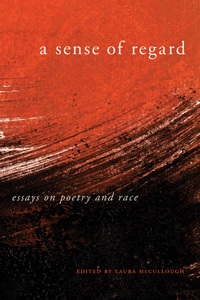 Third essay excerpt from A Sense of Regard: Essays on Poetry and Race. Ravi Shankar explores across Pan Asian Indian Identity and North American First People's identities, as well as across gender, to consider contemporary NA women poet.s. Finding Family with Native American Women Poets You a red or a brown? That was a question I would get growing up in Manassas, Virginia in one of the few South Asian families around when I would respond to the essentialist queries from the booger-chewer on the school bus who wanted to know specifically what I was. An Indian. A brown Indian-American, a TamBram to be specific, a Tamilian Brahmin whose parents came from Tamil Nadu in South India to settle in Northern Virginia. I didn’t know much about the first peoples back then and it was never clear to me, back then (and even now) whether I would rise or diminish in someone’s appreciation by revealing that I did not live on the rez but rather ate rice with my hands. Sara Marie Ortiz's essay is the second one in the anthology. Here she explores questions and answers and the difficult relationship ways we navigate between them.
Song Part I. Starting Signifier and signified. I have never written about race. I figured a great way to start would be to start with a great title, so I wrote Creation and Re-imagining Race: Self-actualization in Contemporary Indigenous Poetics and then I realized that I had never written about race before. Not really. And then, after beginning to dig a bit deeper, I realized that every single thing I'd ever written, said, done, sung, danced, loathed, dismissed, raged quietly at, and forgotten entirely. . .was, in fact, about race. I started, stopped, started, then stopped again. Part II. Asking I knew there were some important questions that I needed to try and answer if I was going to come even close to speaking to my 'topic.' None of it was topical. It was all a sticky matted fabric of memory and experience. I had lied to myself about race and my "okay-ness" with it all, I realized. A lot. Questions: What do you really want to say about race and Indigenous poetics? Why should anyone care? Garrett Hongo Sings of America2/4/2015 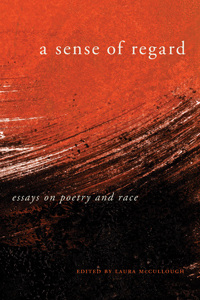 The first essay in A Sense of Regard: Essays on Poetry and Race is Garrett Hongo's beautiful and nuanced essay, "America Singing: An Address to the Newly Arrived Peoples" . Read his opening: I am fascinated and thrilled that there has been such a surge of new immigration from across the Pacific these past few years. That, as a country, we are again in the process of being renewed and reformed by the new Americans from Asia and elsewhere. These newly arrived peoples, I know, come not so much from Japan and Okinawa and Guangdong, as did the ancestors of we third and fourth-generation Asian-Americans, but rather they are now coming, in increasing numbers, from Taiwan, Hong Kong, Korea, Southeast Asia, Tonga, Fiji, Samoa, the Caribbean, Central America, and the Philippines. Their presence has charged our society with energy and change. When I visit California now, and walk about in the resurgent downtowns of San Jose and Santa Ana, I pass Vietnamese markets, Korean grocery stores, and restaurants for every kind of Pacific/Asian cuisine. When I was teaching at the University of Houston in 1988, I did most of my shopping in a huge supermarket run by Chinese for almost every Asian ethnicity—there was a Korean section, a section for Japanese foods (nappa cabbage, daikon, kamaboko fish cakes and Kal-pis in the coolers), racks and racks of Chinese condiments like chili oil and oyster and plum sauces. I saw what I’ve always loved seeing—bins full of bean threads, bags of sesame seeds in various grades, cellophaned flats of dried seaweed, cans of black beans and bamboo shoots, fifty-pound bags of rice. The smells were gorgeous. The market was in its own little complex of shops—a big parking lot ringed with little storefronts for a travel agency, an optometrist, a records and tapes store, a bookstore, a coffee and dim sum shop, a casual restaurant, and a movie theater that showed chop-sockie Saturday matinees, mildly lurid cheongsam romances weekend nights, and serials all week long. 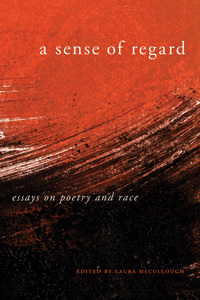 Launching Feb. 15 from University of Georgia Press, this collection of essays by over 35 poets and scholars on poetry and race covers a lot of ground, provocatively, profoundly, with humor, sorrow, and quite a bit of grace. Every day, I am going to post the opening graf of a contributor's essay, today beginning with my Intro, tomorrow, Garrett Hongo, until each essay has been highlighted. I hope you consider getting this. You can order it here. Introduction: A poet once said to me that what she wanted from a good poem was that it move her from one sense of regard to another. It seemed to me that these essays about poetry and race, some more heavily about one or the other, and some bringing in other complicating factors and concerns, are all about regard, and that the denotations and connotations of that word—to observe, give attention to, think about, have feelings for, hold in esteem, be moved by—spoke to the multiplicities of this project. Certainly, I was looking to embrace mystery versus mystification, and also to be inclusive beginning with the idea that both working poets as well as scholars would be included, but also including writers with different aesthetics as well as with differing racial and ethnic identities and ideas about race and ethnicity. Other identity markers such as gender, sexuality, religion, age, bodily status, and other matters of normative versus marginalization are represented.... Archives
October 2023
Categories
All
|
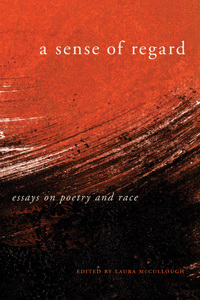

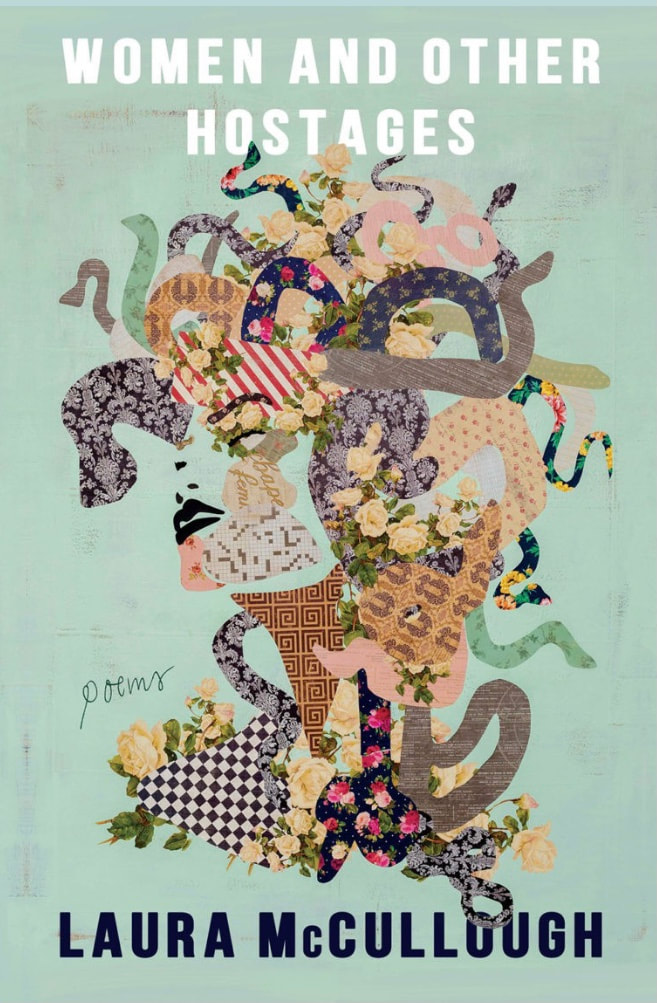
 RSS Feed
RSS Feed
